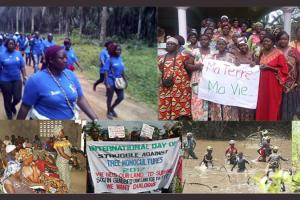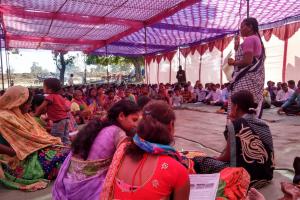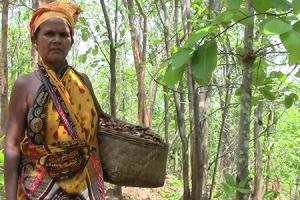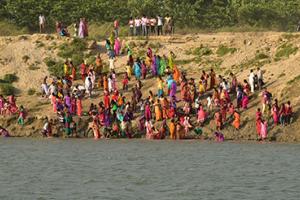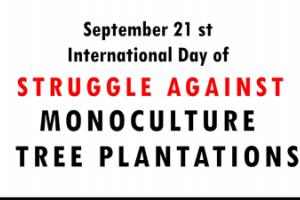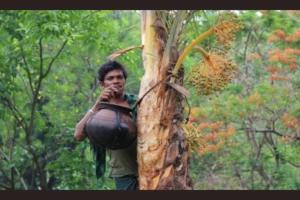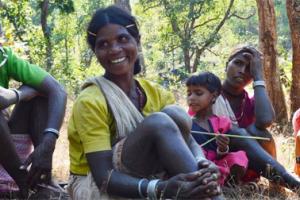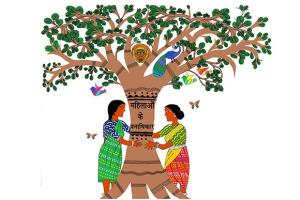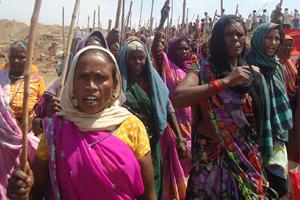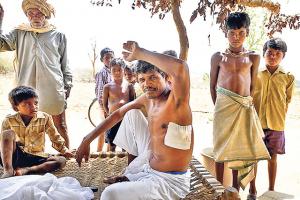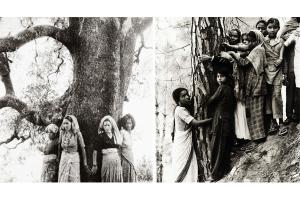Struggles for the Forests
When corporations destroy forests, or restrict or even prohibit access to forest peoples' territories, they place communities' ways of life and their very existence at risk. WRM supports forest peoples' struggles to defend their territories, and their right to decide how to live, and how to use the forests they depend on.
Despite the many profound damages that industries cause in the world's forests, they also cause something else to emerge: the strong and diverse resistance movements of affected communities defending their territories, livelihoods, cultures and even their existence. The struggle continues! (Available in Swahili).
Village assemblies in Korchi, along with resistance against mining, are actively engaged in reimagining and reconstructing local governance. Women’s collectives have also started to assert their voice in these emerging decision-making spaces. (Available in Swahili).
India’s programme to compensate for the destruction of forests for development projects is routinely setting up monoculture tree plantations on community commons. Women, who are mostly affected, are at the centre of its resistance.
March 8 is not just a day to celebrate and give visibility to women’s struggles, it is also a day to remember and appreciate the valuable inspiration they provide for every other struggle today. One example is the Chipko women’s movement in India, and the struggle they have led for nearly 40 years to protect forests and resist tree monocultures.
